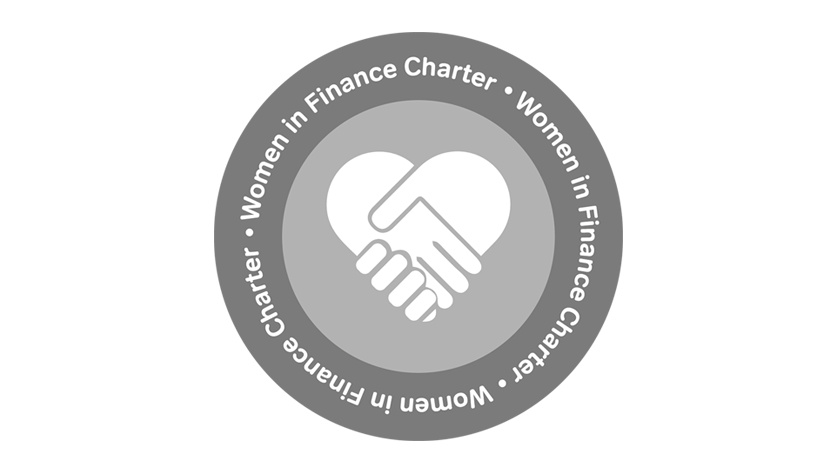Inspiring women at Aviva
The UK government’s Women in Finance Charter commits financial services firms to support women’s progression into senior roles.
Taking on the role of Women in Finance Charter Champion is a huge honour but also a huge responsibility. Ensuring women have as many opportunities as men in financial services is critical. It’s critical for women. It’s critical to the future of UK financial services. And a successful, inclusive, financial services industry is critical to a revitalised UK economy.
There are still far too many barriers blocking women’s progress in financial services. We’ve got to work quicker and harder. Now is the time for less talk, more action.
Industry-first blueprint
Women in Finance Charter signatories agree a diverse workforce is good for business – it is good for customers, profitability, investors, and workplace culture.
However, building diverse workforces can be hard and leading financial services (FS) organisations have recognised a fundamental shift will be necessary to move the needle on gender representation.
Amanda Blanc has worked with Bain & Company to design an industry-first blueprint PDF (15MB) with practical recommendations and a toolkit of ideas.
The blueprint is based on interviews with leading FS CEOs, Bain IP, academic research, cross industry case studies and a survey of 100+ signatories.
It is structured into four reinforcing pillars:
1. Recruitment
2. Retention & Promotion
3. Culture & Behaviour
4. Embedding DE&I
While the blueprint focuses on gender representation, it can be leveraged by organisations of any size as they take action across the whole diversity, equity and inclusion (DE&I) agenda.
The time for talking about gender equality is over. Now is the time for us to act and to act decisively and this blueprint is the first step towards doing that.
Of course, not every organisation will or can approach this issue in the same way, so the blueprint is designed to be tailored and adapted to your organisation’s needs. It gives businesses a clear idea of where they are on their journey to gender parity, how mature their initiatives are and what still needs to be done to get us where we want to be.
With this blueprint, we all have a roadmap that will guide each of us towards the ultimate goal of genuine, lasting gender parity.
Our commitment

Our commitment to be a responsible global organisation ties in well with the aims of the Charter. We’re delighted that we achieved our initial targets as a charter signatory, which was for women to make up at least 30% of our Group Executive Committee (consistent with our 30% Club commitment in 2016). Consequently, we set ourselves the targets to have females make up 40% and ethnically diverse colleagues make up 13% of our senior leader population by 2024 – we are proud to say that this was achieved.
Looking ahead
We have now set ourselves a stretch target of achieving 42% female senior leadership by 2027. As of July 2024, we had 41.4% female representation in our senior leader population and are working towards meeting our target.

In 2024, we continue our commitment to develop programmes which will help advance women at all levels, thereby strengthening our talent pipelines to senior management.
We launched the Aviva University in 2021, empowering colleagues to educate themselves and progress their learning to develop their career in a way that satisfies their own ambitions. All colleagues have completed the Inclusive Behaviours training which received great feedback, in addition to leaders receiving the ‘Leader Intervention: Tackling Non-Inclusive Behaviours’ training.
Increased gender diversity not only lends us business benefits but also has a wider impact on society and the economy, and we value this highly.
